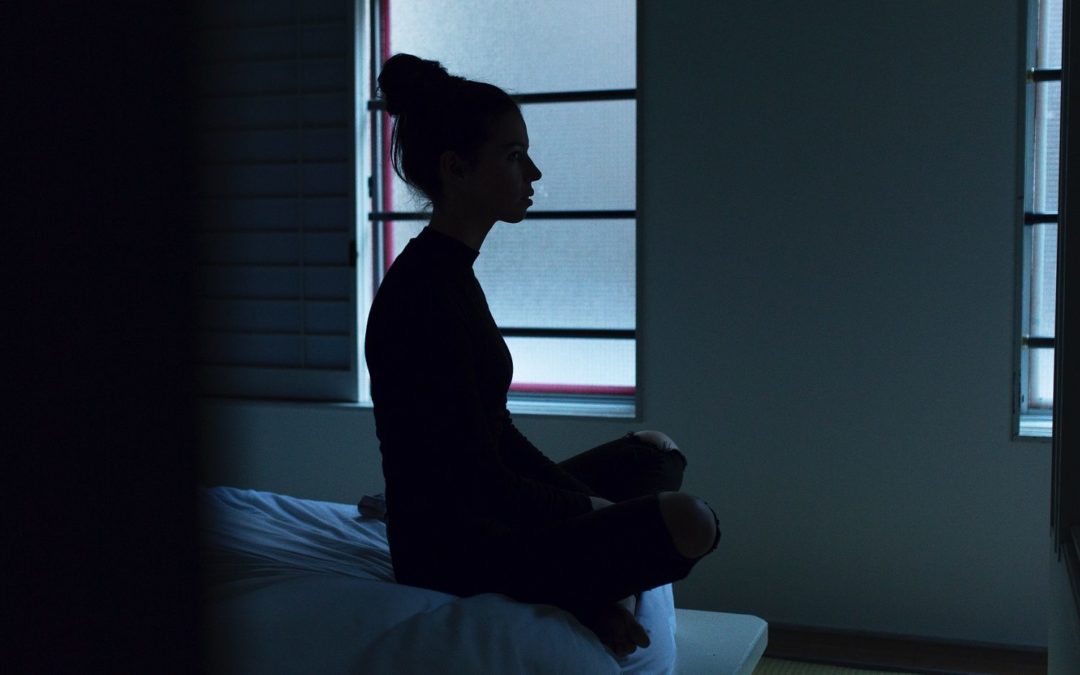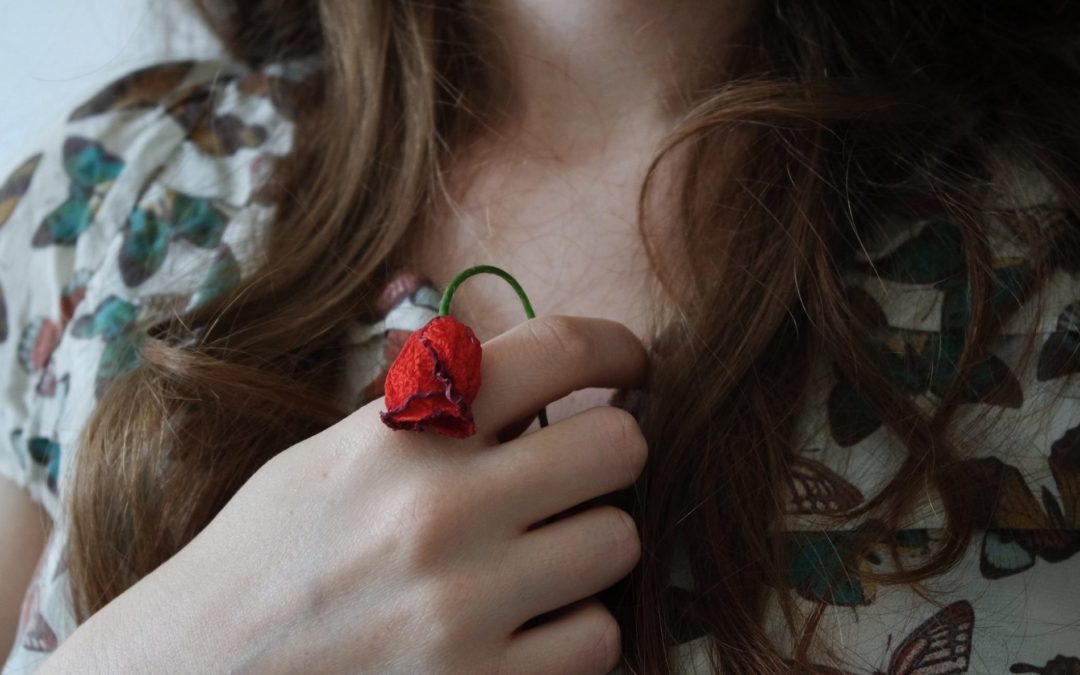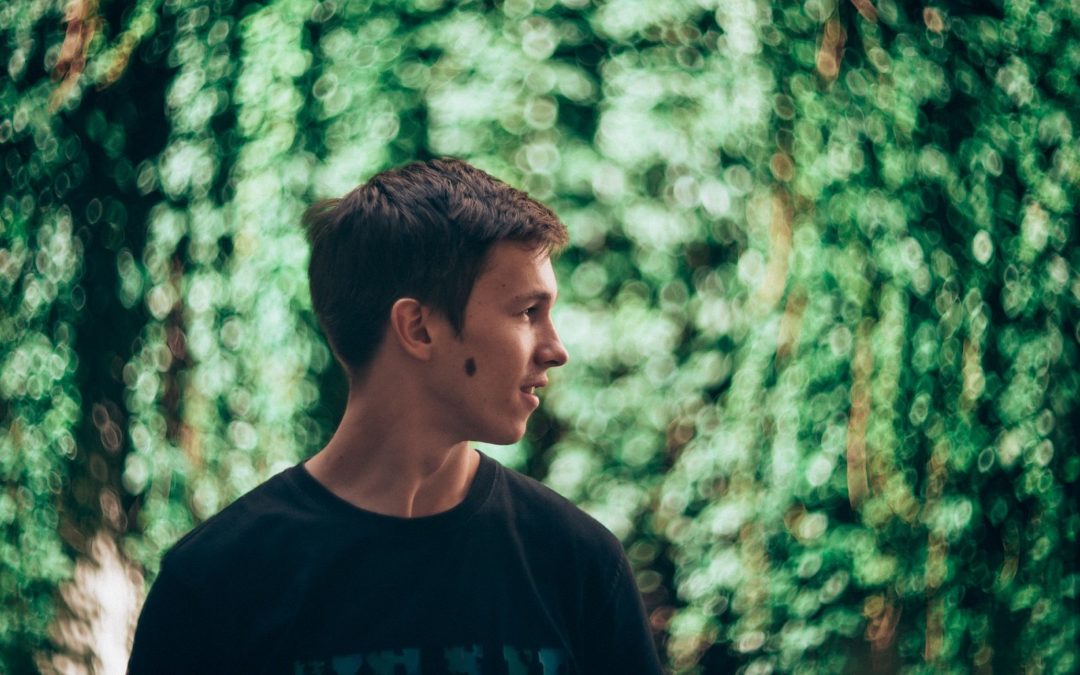
On Returning to the Home I Grew Up In
On Returning to the Home I Grew Up In
We leave something of ourselves behind when we leave a place, we stay there, even though we go away. And there are things in us that we can find again only by going back there.
―Pascal Mercier, Night Train to Lisbon
I sit and watch the sun come up over Johannesburg from the windows of what used to be my sister Carolyn’s room when we were growing up. The skyline of this dusty city crouches in milky smog as the sun insists its way through the clouds. My view is latticed by the burglar bars, cordoned by ragged curtains of yellow and brown flowers, a pattern my folks’ chose for all three girls’ rooms, except in different colours. I guess Carolyn drew the short straw.
This old house and I are long time friends. We know one another’s every idiosyncrasy, creak and cranny even as we both wear the beatings of time and cannot hide the failures of upkeep.
Each year I come back to this home of my childhood to visit my parents, sisters and the few friends long distance hasn’t erased from my life. My old room is now the ‘computer’ and ‘cat’s’ room (replete with catlitter and bowls of food), luxuries of the empty nest. The ridiculous pink fluffy carpets I chose as a ten year still remain. There is a loyalty here to the past that is at once choking and cherishing.
I return to these walls each time with a suitcase full of Australian gifts, lugging it up the steep stairwell I used to tear up and down a hundred times a day as a girl. During my visit, I revisit each corner of this building, where memories curl around corners, and olden times nestle in nooks. ‘That’s where the mulberry tree used to be,’; ‘in that swimming pool change room we once made a library, ‘there’s the division between the interleading rooms that was built so each sister could have her privacy.’
The kitchen is just the same as I left it when I moved out as a young woman starting my own life. The empty glass jars on the windowsill haven’t moved in thirty years. The adult in me wants to sweep them into the bin. I have to stop myself from suggesting the sputtering shower in the bathroom needs to be upgraded. The child in me wants this place to never change. For nothing to be ‘fixed.’ How things were broken and remain so, is built into the scaffolding of my own inherited shattering, and I am comforted by all this chaos-going-nowhere.
This is the home that nursed my wounds – from the torn tendons in my hand as a toddler, to the heartbreaks of my first boyfriend’s betrayal. In this garden I celebrated parties, practiced my netball shot, got stung by a bee on my bum. In this driveway I was consumed by passion on the bonnet of a car and watched a man drive away not knowing if I’d ever see him again. Here I have been loved on purpose, too much and too little, by inches and by miles. Here is where I started. Though not for the thinking, my parents conceived me between these walls when love was easy and family was for the hopeful.
The 7 Day Writing Challenge
WINGS: Words Inspire, Nourish and Grow the Spirit
On this sacred ground I uttered my first words, penned my first poems. Legends of my imagined future were hatched in these rooms; disappointments found me too, though I hid in the hide-n’-seek of life.
This is the home I first left at fifteen for a three month sojourn in Israel, and left again in my early twenties to study in America; it’s the home I returned to over and over, and the one I keep returning to on each visit after fifteen years in a country far far away. It is the home I dream of when I am ill, and it’s the place I pine for when I am lost. This architecture holds all my previous incarnations, and it is these rooms I long for when I am suffocated – often in moments of exiled happiness – by ‘homesickness,’ which sits like a vigil of loss on the sidelines of all I have gained since leaving.
Each time I return, my heart knows what it’s in for, and it comes prepared for a beating, like the wife at penitentiary visiting hours. My past sits behind the glass. I reach out and try to touch it. It’s there, still breathing in these walls. I can see it, smell it, taste it. It reaches for me too. ‘Don’t forget me,’ it whispers. I nod, my heart unspooling.
Here I am storied, historied, known, understood and misunderstood in only the way that the past can make something of us to which we both belong and have outgrown.
I manage my nostalgia, like an addiction, not letting it get its fingers around my throat. No thanks, I don’t do Longing-Things-Were-Different anymore. I’ve done my time. I’ve made my peace. The glass keeps me safe. There is life on the other side though it is made of different sky and earth and even love. Exile is a life built on grief. You can grow calluses in your softest places, eventually.
It’s to this address I arrived from the hospital as a newborn in the Spring of 1967, and to the same I keep returning on every visit back. Like all disciplines of return – prayer, meditation, writing, intimacy – it’s an ongoing act of devotion. Like all homecomings, I hold tenderly the haunting questions of the visitor: will it still be here next time? Will it remember me? Will we know each other through the glass again? And who will I be when it is gone?







